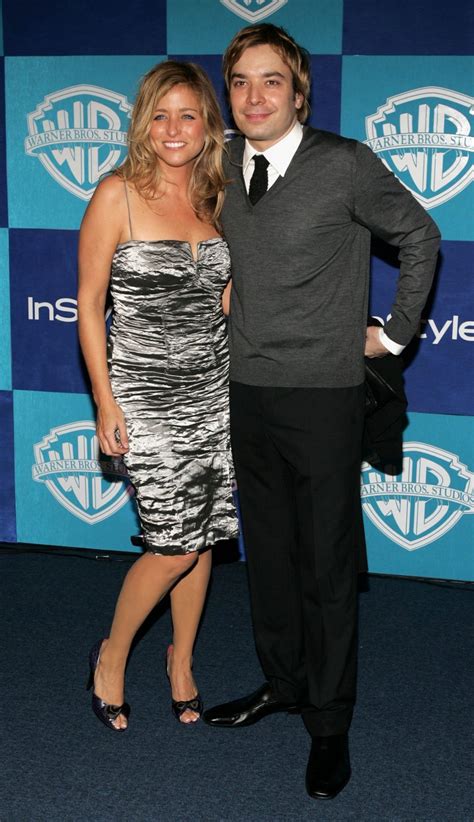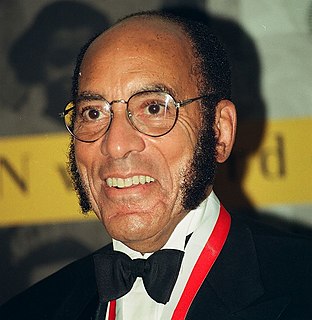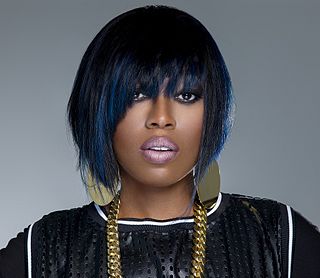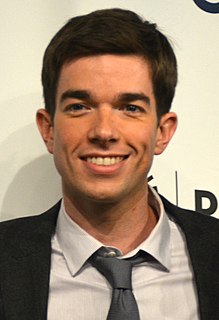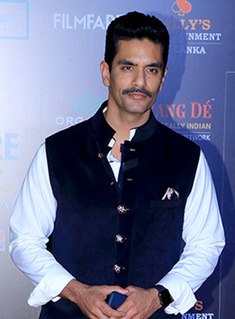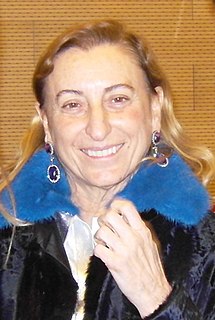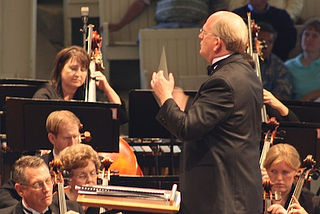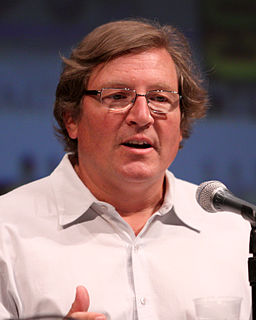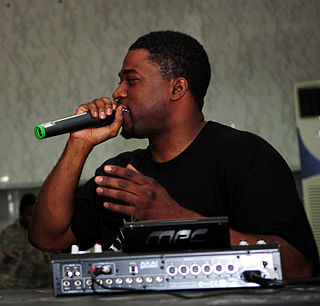A Quote by Janet Jackson
I have no clue why, but maybe sometimes when there's someone you don't hear from, it's the person you want to hear from the most.
Related Quotes
Someone told me something recently about Sarah Palin, someone I trusted in the book business. They said, "I worked with Palin. She did an event at my bookstore, and she was really, really nice, and even more beautiful in person." I didn't want to hear that. I wanted to hear that she was awful and hideous-looking. But I thought, I have to listen to that. I have to hear that. I don't want to be the one who is going to deny anything complimentary said about somebody just because I disagree with that person.
I have no patience with people who want to tell me what's wrong. I only want to hear from the person who first tells me the solution and then fills me in on the problem. I don't want to hear that your basement is flooded. I want to hear that you've found the number to the cleanup company. Then tell me why you're calling them.
My tendency is to want to say to the person, "Do you understand why I feel this way?" I usually do say that. And sometimes it doesn't go well. By this I mean we hit an impasse again. Not that I need to hear exactly what I want to hear, but I need to know I am heard. Those moments make for a better friendship. But I can't let it go. For good or bad.
What it comes down to, I believe, is that mentoring often involves telling people what they need to hear, rather than what they want to hear. When you are able to be humbly honest with someone about a situation with which you have personal experience-even if you risk angering or hurting that person-you are offering the most valuable gift of all.
What I've learned from my gurus is that when you hear music, you hear a person, or you hear people, and you hear everything about them in those moments. They reveal themselves in ways that cannot be revealed any other way, and it contains historical truths because of that. To me, that is the most important thing. It shouldn't be a footnote, or the last chapter. It should be the complete thesis about a book on listening.
I can only be as good as [the audience members] at acknowledging and owning the information that's coming through ... and sometimes, nobody comes through.... One of the things that I've learned is that I am not an operator and I can't dial direct, ... and even if I do make the connection with the person they want to hear from, there's no guarantee that they're going to come through and tell them what they want to hear.

